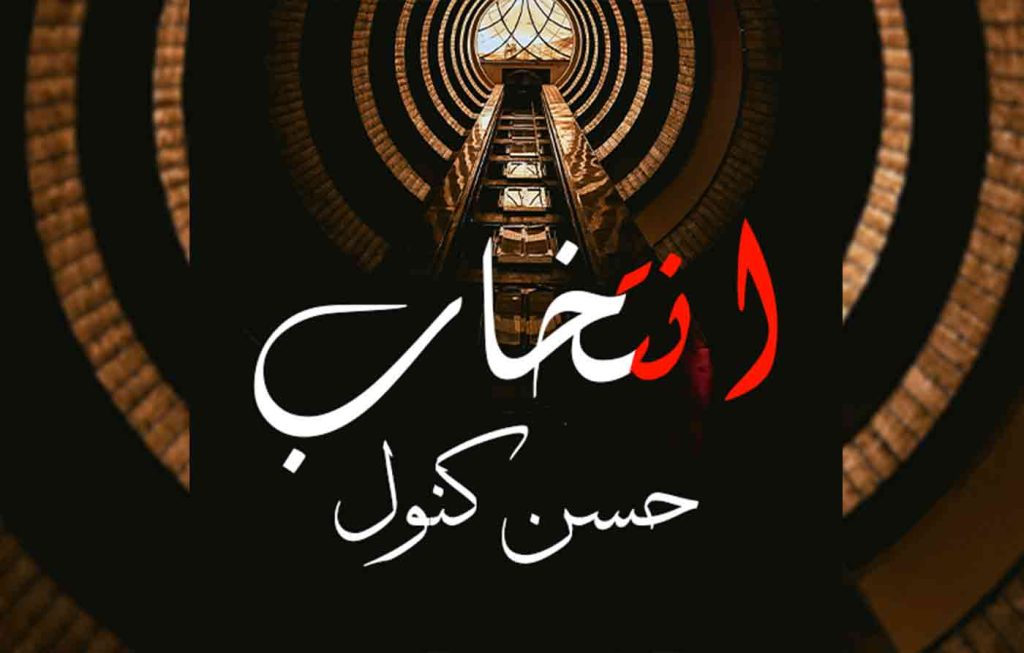
Exploring the Themes of Fate and Destiny in Husny Kanwal’s “Intakhab”
Husny Kanwal’s novel Intakhab is a gripping narrative that delves into the intricacies of human choices, destiny, and the life paths one chooses to take. With its title literally translating to “Selection” or “Choice” in English, it sets the agenda for a much thought-provoking journey on how choices shape the lives of characters within the novel, often without fully understanding them. This introspective journey through the lives of ordinary people facing extraordinary circumstance reveals the battle between free will and destiny-the universal theme.
The novel is set in a world that represents many aspects of real life, often unreliable and chaotic. It follows the journey of a central protagonist who must confront critical choices and their repercussions not only on his life but in the lives of all people around him. This is how, as the narrative unfolds, the reader is drawn into the whirlwind of emotions and dilemmas which define the human experience: guilt, regret, hope, and the need for redemption. Kanwal’s writing invites us to reflect on the weight of the decisions we make daily, and how seemingly small actions can have a profound, life-altering impact.
One of the novel’s most striking features is its examination of the concept of fate. The characters are often confronted with situations where they must choose between what is morally right and what is convenient or expedient. However, these decisions are rarely clear-cut, and the consequences of their choices are not always immediately apparent. As the story progresses, it becomes evident that the characters are not merely victims of circumstance but also active participants in shaping their own destinies. This theme speaks to a broader philosophical question—whether we control our fate, or whether it is something that is predetermined by forces beyond our control.
This is the interplay of fate and free will, embedded with incredible skill by Kanwal in a tapestry of complex relationships and deep emotional depth in this novel. It makes the reader try to think of how much of the life they have actually chosen themselves or how much actually happens by the fate, chance, or winds of society and family. As the plot advances, characters are continuously hindered by moral choices that put their power to the test. Do they take command of their lives or fall victim to other influences? The suspense lends itself well throughout the book, and the reader never knows what will befall them next as they turn page after page.
But among all these elements, the one that stands out in Intakhab is Kanwal-the sound and lovely character development. The characters are not some idea or concept that needs to be driven home-they are specific, multi-dimensional individuals of different backgrounds, desires, and struggles. Their respective stories weave together an image of humanity both tangible and intricate at the same time. Kanwal doesn’t pretend to hide the weaknesses of her characters, nor does she want to frighten readers off from her story by depicting people without flaws or imperfections. This realism brings to the novel a sense of authenticity and makes the themes related to choice and fate feel even more poignant.
The structure of the narrative reflects the choices that the characters face. It moves at times slowly and meditatively, at other times fast and frenetically, similar to what is happening in the minds of the protagonists. The way in which Kanwal constructs tension around pivotal moments within the narration itself creates an emotional rollercoaster for the reader, who is taken through moments of triumph and defeat. The novel’s structure, where information unfurls slowly and perspectives shift, is analogous to decision-making: one does not always know the full extent of the consequence until well after the fact.
Ultimately, Intakhab is a reflection on the power of choice and responsibility attached to it. The novel urges the reader to contemplate their own lives, choices they make, and ways those decisions may shape their future and other’s lives. Husny Kanwal’s writing is a strong reminder that every decision we make, be it big or small, has the power to influence not only our lives, but also the lives of people around us. At the end of the book, the readers are left to reflect on their lives and the influences that surround them, whether those influences are the decisions they have made or if they happen by fate.



















